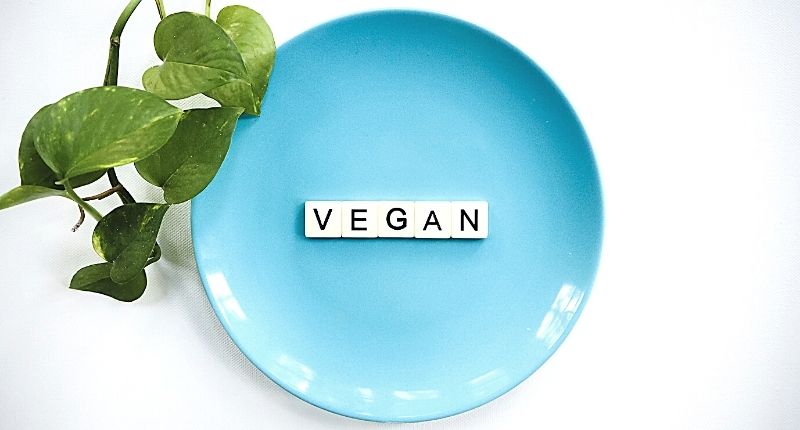
Image Credit: https://pixabay.com/photos/food-caviar-glasses-snacks-plate-4927729/
In the 1980s, caviar was seen as a status symbol. Though most Americans had no idea they were consuming a species of sturgeon, it was an indication that you had arrived. In 2019, the image of caviar is muddier.
According to the Washington Post, cheap caviar from China began to flood the market, which led to a decrease in prices. In fact, between 2012 and 2019, prices dropped around 50%. Caviar is becoming popular- not only due to the prices being down but due to the many health benefits it offers.
Caviar has long been known as a luxurious seafood delicacy. It is the roe (eggs) of various species of sturgeon- most commonly beluga, sterlet, hackleback, osetra, and kaluga. The color and size vary based on the species. Generally, it looks like small pearls ranging from black to pale green.
Salmon roe is often referred to as “red caviar”, but it’s not true caviar.
Caviar has a salty, fishy flavor and a slimy texture and pops in your mouth. Typically, it’s served in small amounts alone or as a garnish on top of crackers, toast, or cucumber slices- something that won’t undermine the flavor of the caviar.
In addition to being a culinary experience, caviar is believed to have a variety of health benefits. We will explore six of those potential benefits below.
Caviar has a stellar nutritional profile
Even in small amounts, caviar has an amazing nutrition profile. In fact, a 1-ounce serving provides the following:
- 75 calories
- 7 grams protein
- 5 grams fat
- 1 gram carbs
- 236% of the daily recommended value (DV) of Vitamin B12
- 34% of the DV of Selenium
- 19% of the DV of Iron
- 18% of the DV of Sodium
It’s clear that one serving provides more than twice the recommended daily dose of Vitamin B12, which is critical for the development/function of the nervous system and production of red blood cells and DNA.
Additionally, a single serving of caviar offers small amounts of Vitamins A, D, & E, along with calcium.
Finally, caviar is an excellent source of omega-3 fatty acids, known as Eicosapentaenonic acid (EPA) and docosahexaenoic acid (DHA). These fatty acids are the reason for many of the potential health benefits.
Caviar may improve skin health
Since its high in omega-3 fatty acids, caviar is beneficial to skin health. One study indicated that the DHA in caviar extract may encourage adipocytes (fat cells) to produce adiponectin, which is a molecule that improves your skin’s ability to heal, promotes synthesis of collagen & prevents breakdown of collagen fibers, and enhances anti-inflammatory processes.
Since collagen is critical for the structure of your skin, it is believed that caviar extract may reduce the signs of aging. At this time research is limited to caviar extracts in test tube studies or in humans with other ingredients. Therefore, we need more research to determine the skin benefits of consuming fresh caviar.
Caviar may improve brain/mental health
Research indicates that the omega-3 fatty acids in caviar may help improve brain and mental health. According to experts, DHA helps with maintaining brain structure and EPA can improve mood disorders.
This is because omega-3 fatty acids fight inflammation. Studies indicate that reducing inflammation in the brain helps decrease the mental decline seen in Alzheimer’s patients.
Some research indicates that low levels of omega-3 fatty acids in the system is a risk factor for depression. Therefore, though there are no studies directly linking caviar with brain/mental health, the high levels of omega-3 fatty acids are promising.
Caviar may improve heart health
Heart disease is the leading cause of death in the USA. In recent years, research has pointed to omega-3 fatty acids for preventing and managing risk factors related to heart disease. These risk factors are improved by:
- Lowering blood pressure
- Improving cholesterol (lowering triglyceride levels, increasing HDL cholesterol levels)
- Preventing aggregation of platelets
Since caviar is high in omega-3 fatty acids, it may provide these benefits without having any interactions with traditional medications.
Caviar may improve fertility in men
Research indicates that omega-3 fatty acids are involved in male fertility. Sperm is high in DHA, therefore it is believed that DHA deficiency is associated with low sperm quality- and in some cases, infertility. Men who are fertile typically have higher omega-3 fatty acid levels in blood and sperm.
It is believed that eating foods with a high omega-3 fatty acid content, such as caviar, may improve the fluidity, structure, and shape of sperm- which may increase fertility because the sperm can bind to the egg more easily.
Caviar may improve the immune system
We know that caviar has high levels of selenium and omega-3 fatty acids. It is believed that this can improve your immune system. First, the omega-3 fatty acids reduce inflammation and restore the barrier function of your lungs, intestines, and skin. This is what keeps harmful bacteria from entering your body. In addition, they help repair white blood cells, which protect you from disease.
Selenium is necessary for triggering and regulating your body’s immune response and research indicates that it increases the production of antibodies and macrophage activity. A macrophage is a type of white blood cell that fights harmful substances in your system.
Conclusion
Caviar is the roe (eggs) harvested from certain species of sturgeon fish. At one time, this delicacy was limited to the upper class. However, in recent years, China has caused the prices to drop, making it more affordable to the average person.
This is something that is an acquired taste- but with all of these potential health benefits, why wouldn’t you want to try?





